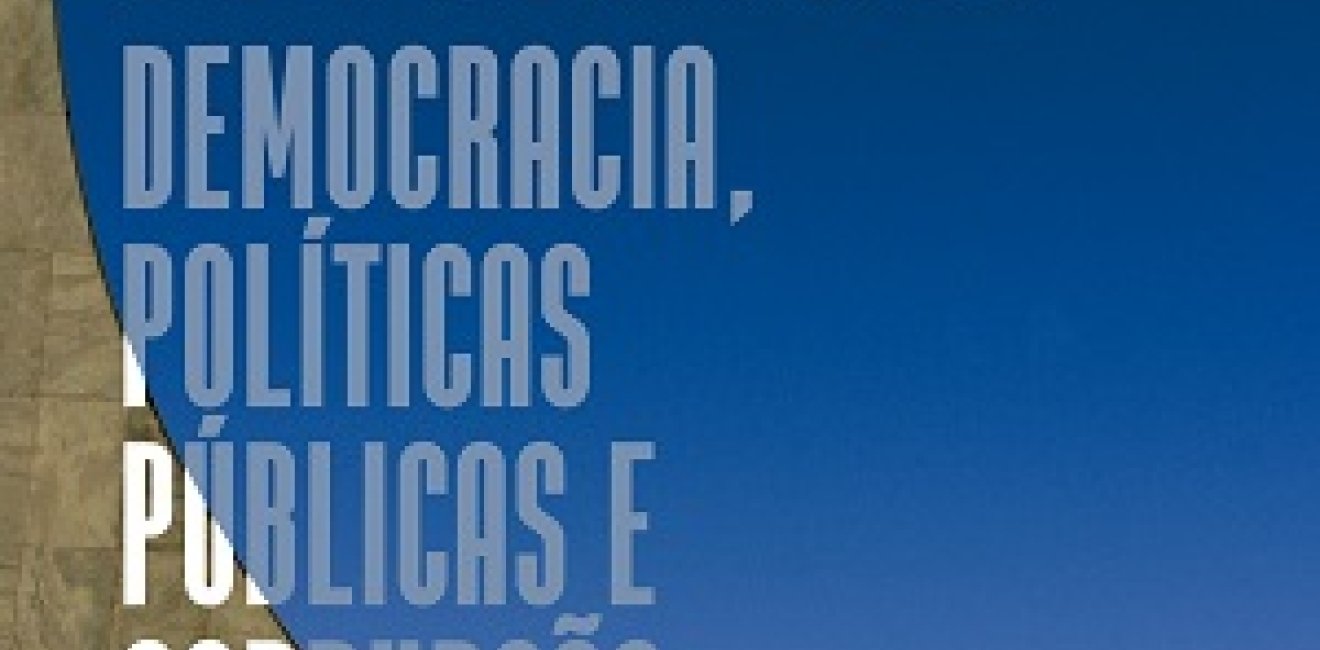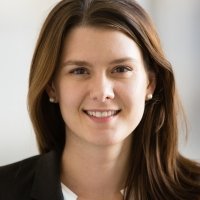Lobby Desvendado (Lobbying Uncovered: Democracy, Public Policy, and Corruption in Brazil)
Organized by Milton Seligman, Brazil Institute Global Fellow, and Fernando Mello, this book takes an in-depth look at the role of lobbyists in public policy.
Organized by Milton Seligman, Brazil Institute Global Fellow, and Fernando Mello, this book takes an in-depth look at the role of lobbyists in public policy.

The professional lobbying industry is viewed with suspicion in the United States, and frequently associated with corruption. Yet in Brazil, which for the last four years has been confronting its own problems with systemic corruption, many are beginning to wonder if a regulated lobbying industry might bring greater transparency to the influence game.
Organized by Milton Seligman and Fernando Mello, in collaboration with the Brazil Institute, the new book Lobby desvendado: Democracia, políticas públicas e corrupção no Brasil contemporâneo (Lobbying Uncovered: Democracy, Public Policy and Corruption in Contemporary Brazil) takes an in-depth look at the role of lobbyists in public policy, both the good and the bad. The book begins with a chapter by Brazil Institute Director Paulo Sotero and Associate Anna Prusa examining what can be learned from the failures and successes of the U.S. system to regulate lobbying, before exploring the role of government relations in the current Brazilian context.




The Brazil Institute—the only country-specific policy institution focused on Brazil in Washington—aims to deepen understanding of Brazil’s complex landscape and strengthen relations between Brazilian and US institutions across all sectors. Read more


